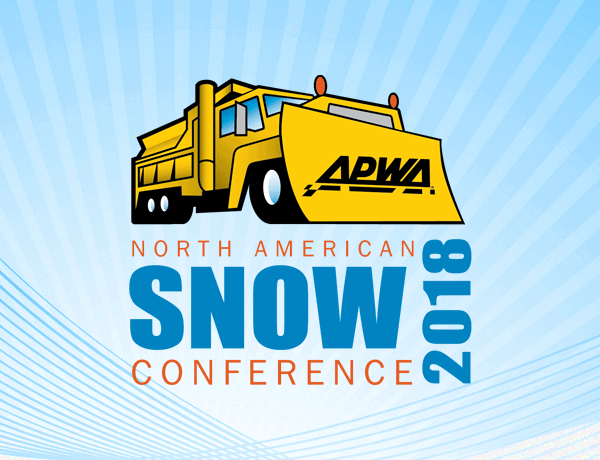Video
Businesses and public agencies around the country are reporting driver shortages and searching for other good, quality workers. In this session, we will discuss the hiring practices of the Twin Cities and Schaumburg, Illinois. The discussion will include the challenges faced in recruiting and hiring a diverse and changing workforce and the trainee programs that Minneapolis and St. Paul have incorporated for developing a highly-trained CDL workforce.
Read MoreAny vehicle, regardless of who or what is driving it, has limits in the kinds of atmospheric weather and road surface conditions that it can handle. Take this opportunity to hear and discuss the results of an ongoing FHWA research project on how automated vehicles perform in adverse weather. Among the issues to be covered are how well the vehicles’ sensors and navigation systems perform when nearby vehicles and pavement markings are partially obscured; how road weather providers can best communicate information on current weather and road conditions to automated vehicles; and how an automated vehicle can determine whether a planned trip will be within the weather limits of its operational design domain (ODD). This session will also offer information about FHWA Road Weather programs and initiatives including voluntary data exchanges to accelerate safe integration of automated vehicles, maintenance decision support systems, and road weather data collection initiatives such as Pathfinder, Integrating Mobile Observations (IMO), and Vehicle Data Transfer (VDT).
Read MoreIn 2018, China – the No. 1 destination for US recyclables – cracked down on imports of “recyclables” that contained trash, and had even stopped taking certain materials altogether. Referred to as the “Chinese Sword” this policy decision has driven up the cost of business for US recycling facilities, which in turn started significantly increasing fees they charge municipalities and assessing substantial penalties for contamination. These higher recycling costs have caused some cities to consider eliminating curbside recycling. During this session, participants will be provided with an update on the Chinese Sword, presented with case studies on how municipalities have offset higher recycling processing fees by decreasing collection costs through technology and routing efficiency, and strategies to reduce contamination in recyclables.
Read MorePerformance measurement is an important tool in helping fleet managers and policy makers evaluate the quality and effectiveness of fleet services. This season will provide proactive and practical examples of…
Read MoreExamine how to use cooperative contracts as a means of procuring equipment and services through nontraditional bidding. Using cooperative purchasing can save you the time spent in specifications writing and help save taxpayer dollars. This approach leverages costs across a greater spending base and standardizes the work of bidding, evaluating, and awarding the contracts.
Read MoreCities across the United States face an economic crisis related to aging infrastructure and increasing regulatory burdens. Practical environmentalism requires removing unnecessary regulatory burdens so that limited local, state, and federal resources can be used most effectively and efficiently to clean and protect water sources. This presentation will identify how existing regulatory procedures and flexibility may be used to eliminate or reduce regulatory mandates that will not provide local ecological and public health benefits. You will learn about communities that were able to save millions by using updated scientific data, scheduling authority, judicial review and existing waiver/variance provisions so that more pressing public works projects can be implemented.
Read MoreOver the past two-years, the City of Upper Arlington, Ohio, has sent staff from all levels to the Lean Six-Sigma Bootcamp. A committee has been formed to apply the continuous improvement process to various departmental activities. The lean approach involves making a workplace efficient and effective as possible, reducing waste and using value stream maps. These processes can be used for a range of activities from a simple spring cleaning of your workspace to a full departmental process change. Discover how the City of Upper Arlington is integrating these principles into their operations.
Read MoreThe City of Milwaukee embarked on a CNG program in 2010 with grant money provided by the State of Wisconsin using federal funds. Some advantages of the CNG program have included reduced fuel costs and quieter garbage packers. Attend this session for an overview of the successes and challenges of a CNG program.
Read MoreWhat is a smart city? Explore how cities are using a multi-department strategy to use data to provide better city services and improve the day-to-day experience of residents. This session will feature the lessons learned during the installation of Kansas City’s smart city infrastructure and the strategies being deployed in other cities’ smart city initiatives.
Read MoreThis session features best practices for Winter Maintenance from around the world. Techniques and approaches to be disussed will aid in the planning for more effective and resilient infrastructure and public works services. Topics will include funding/budgeting, better asset management, improvig employee retention and reducing training and human resources costs.
Read More